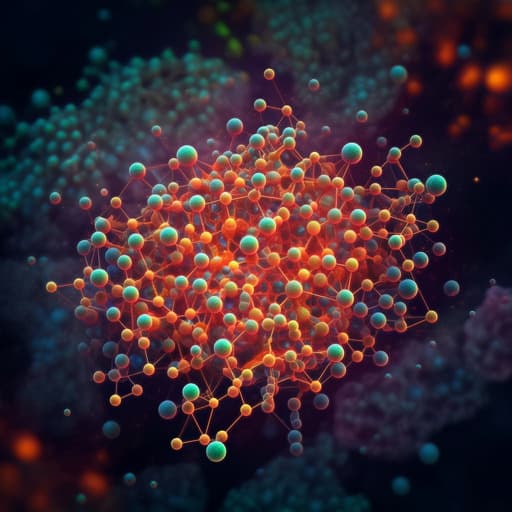
Medicine and Health
LRP1B mutation is associated with tumor immune microenvironment and progression-free survival in lung adenocarcinoma treated with immune checkpoint inhibitors
Z. He, W. Feng, et al.
This groundbreaking study reveals that LRP1B mutations in lung adenocarcinoma patients can enhance their response to immune checkpoint inhibitors, leading to better clinical outcomes. Conducted by Ziyi He and colleagues from the Department of Thoracic Surgery, The First Affiliated Hospital of Soochow University, this research showcases LRP1B mutation as a promising prognostic biomarker.
Related Publications
Explore these studies to deepen your understanding of the subject.







